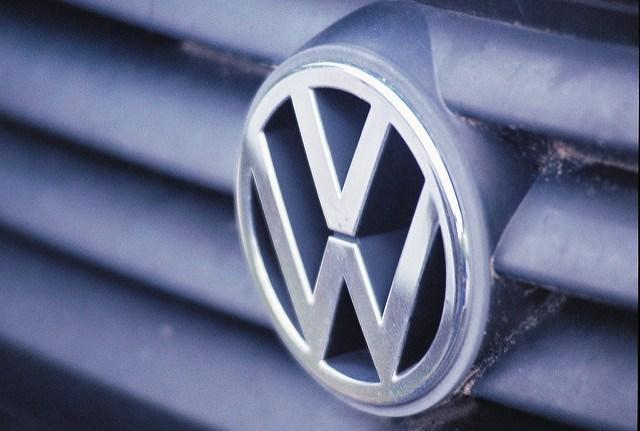
It's been a rough week for the auto industry and, not surprisingly, for Germany's leading car maker.
On Friday, the California Air Resources Board (CARB) rejected Volkswagen's proposed fix for the emissions systems in 3.0-liter engines. Air regulators say the proposal submitted is "too vague" on how VW and Audi will limit carbon emissions.
It's the second time CARB rejected a Volkswagen proposal for what air regulators call "incomplete" and "substantially deficient" information about the proposed adjustments. In February, CARB rejected what it called a "single, incomplete plan ... that failed to address the basic requirements in the California Code of Regulations." As a consequence, CARB summarized, the VW and Audi proposals fell "far short of meeting the legal requirements to return those vehicles to the claimed certified configuration."
VW acknowledged the setback, calling it a “procedural step under California state law." The automaker said it will continue to "try to secure approval of a technical resolution for our 3.0L TDI vehicles as quickly as possible.”
VW has maintained for months that fixing the 85,000 defective 3.0L Audi, Porsche and SUV emission systems is simpler than modifying the smaller 2.0-liter VW vehicles. In June, a lawyer for VW told a federal district court judge that the company believed it could come up with a mechanical fix for the emissions problem, a preferable option for the automaker which is currently facing more than $14 billion in fines and other costs.
But VW's reassurances didn't placate CARB, which announced an additional $86 million in civil fines earlier this month. It is the largest set of fines ever levied by California against an automaker.
According to the state, $76 million will pay California's massive investigation bill, which isn't covered by the settlement hammered out by the EPA earlier this month. The remaining $10 million will be put toward research and grant funding to develop new ways to detect defeat devices such as those found in VW vehicles.
General Motors also received bad news from the courts last week. A New York Court of Appeals struck down GM’s use of retail sales index (RSI) to rate car dealers. The court ruled that the company’s rating system didn’t take consumer purchasing trends and market variations into account.
GM was sued by Beck Chevrolet in Yonkers, New York, which said the use of RSI as a metric could unfairly impact whether a dealership could keep its franchise. As of Monday, July 18, GM had already sent a letter to its franchises announcing a change to its rating system.
But the ruling could have widespread impact on automakers in general, as GM is not the only auto manufacturer to use RSI in determining whether franchises are adhering to their contracts.
Image credit: Flickr/Ben
Jan Lee is a former news editor and award-winning editorial writer whose non-fiction and fiction have been published in the U.S., Canada, Mexico, the U.K. and Australia. Her articles and posts can be found on TriplePundit, JustMeans, and her blog, The Multicultural Jew, as well as other publications. She currently splits her residence between the city of Vancouver, British Columbia and the rural farmlands of Idaho.














